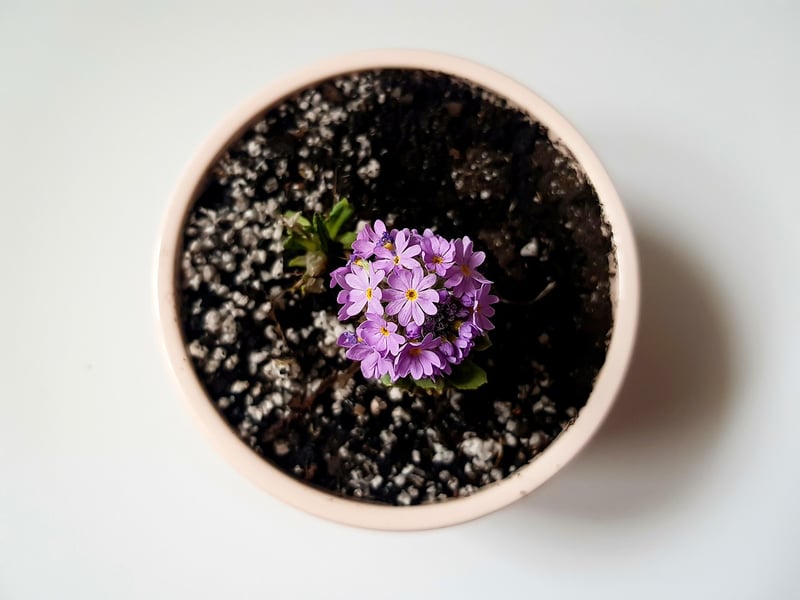Watering Tips
Tips for Healthy Plants and Watering
Introduction
Keeping your plants healthy and thriving is essential for any plant parent. Proper care, including watering, sunlight, and soil, plays a crucial role in ensuring your plants remain vibrant and strong. Read on for some valuable tips on maintaining healthy plants and mastering the art of watering.
1. Choose the Right Plant for Your Space
Before bringing a new plant home, consider the lighting conditions, humidity levels, and space available in your home. Different plants have varying needs, so selecting the right plant for your specific environment is key to its overall health.
2. Provide Adequate Sunlight
Most plants require sunlight to thrive. Be sure to place your plants in locations where they can receive the appropriate amount of light based on their individual needs. Monitor your plant's response to sunlight to ensure it's receiving the right balance.
3. Use Well-Draining Soil
Good soil is the foundation for healthy plants. Choose a well-draining potting mix that allows excess water to escape, preventing root rot and other issues related to overwatering.
4. Watering Tips
- Water plants when the top inch of soil is dry to the touch. Stick your finger into the soil to check moisture levels.
- Avoid overwatering, as it can lead to root rot. Ensure proper drainage by using pots with drainage holes.
- Water in the morning to allow excess moisture to evaporate during the day, reducing the risk of fungal diseases.
- Adjust watering frequency based on the plant type, season, and environmental conditions.
5. Humidity and Temperature Control
Some plants require specific humidity levels and temperature ranges to thrive. Consider using a humidifier or pebble tray to increase humidity levels for plants that need it. Similarly, avoid placing plants near drafts or vents that could affect their temperature needs.
6. Regular Maintenance and Monitoring
Inspect your plants regularly for signs of pests, diseases, or nutrient deficiencies. Prune dead or yellowing leaves, clean dust off the foliage, and repot when necessary to promote healthy growth.
Conclusion
By following these tips for healthy plants and mastering the art of watering, you can create an optimal environment for your green companions to flourish. Remember that each plant is unique, so observe and adapt your care routine based on individual plant requirements for the best results.

For more plant care tips and inspiration, check out The Sill.
